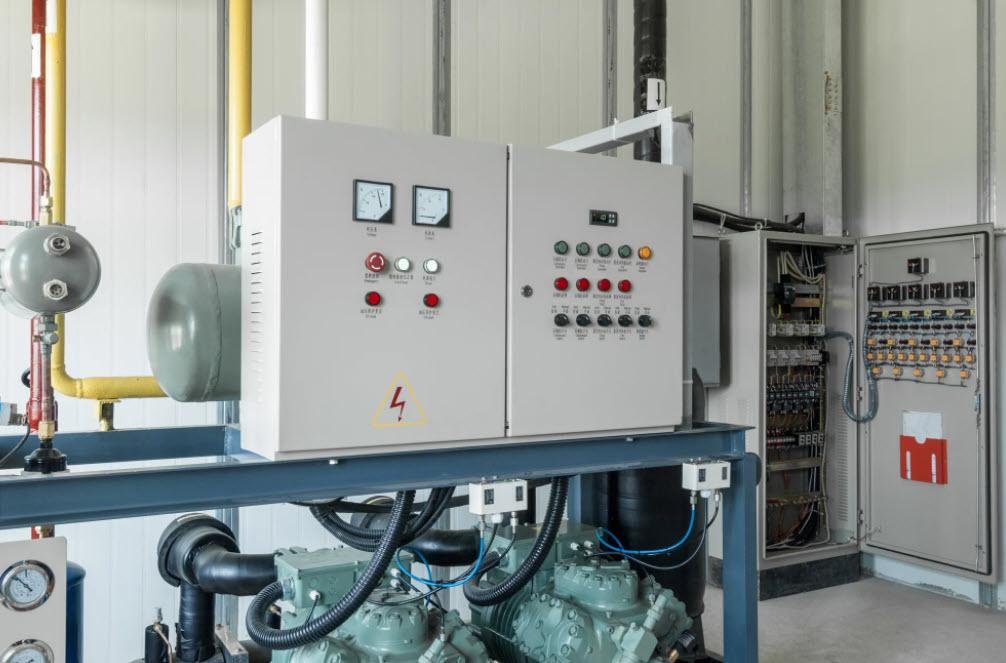A factory automation engineer plays a pivotal role in enhancing productivity and streamlining operations in today’s dynamic manufacturing landscape. By leveraging cutting-edge technologies and automation systems, these professionals ensure that factories can meet growing demands while maintaining high-quality standards. From designing automated workflows to troubleshooting high-tech machinery, the scope of a factory automation engineer’s job is as vast as it is critical.
What Does a Factory Automation Engineer Do?
At the heart of their role, factory automation engineers are responsible for integrating, maintaining, and improving automated systems in manufacturing processes. They help industries reduce manual labor, cut costs, and boost efficiency. These engineers design production lines powered by robotics, software, and control systems to perform repetitive tasks with precision.
For example, think about a car manufacturing plant. A factory automation engineer will design robotic arms for assembling car parts, ensure the sensors detect defects, and program the system to adapt to production changes seamlessly. This requires a deep understanding of engineering principles, programming, and machinery.
More importantly, they regularly monitor systems to identify bottlenecks and areas of improvement. Troubleshooting issues when machines malfunction is a critical aspect of their job. By swiftly resolving errors, they prevent costly production downtimes.
Key Responsibilities of a Factory Automation Engineer
The responsibilities of a factory automation engineer vary depending on the industry, but some common tasks include:
-
System Design and Implementation
Factory automation engineers design systems that integrate hardware and software. They evaluate production requirements, create blueprints, and bring the automation dream to life. -
Maintenance and Troubleshooting
Keeping automated systems running smoothly is essential. This involves regular maintenance, testing, and diagnosing issues to ensure uninterrupted operations. -
Process Optimization
A big part of their job is finding ways to make processes more efficient. By analyzing current workflows, they tweak systems to reduce waste, energy consumption, or time. -
Training and Collaboration
Engineers often work closely with technicians, machine operators, and other stakeholders. They train staff to use automated equipment and collaborate to adapt production for specific needs. -
Adopting New Technologies
With rapid advancements in tech, staying updated is critical. Factory automation engineers evaluate and implement emerging innovations like AI, IoT, and machine learning to improve productivity.
